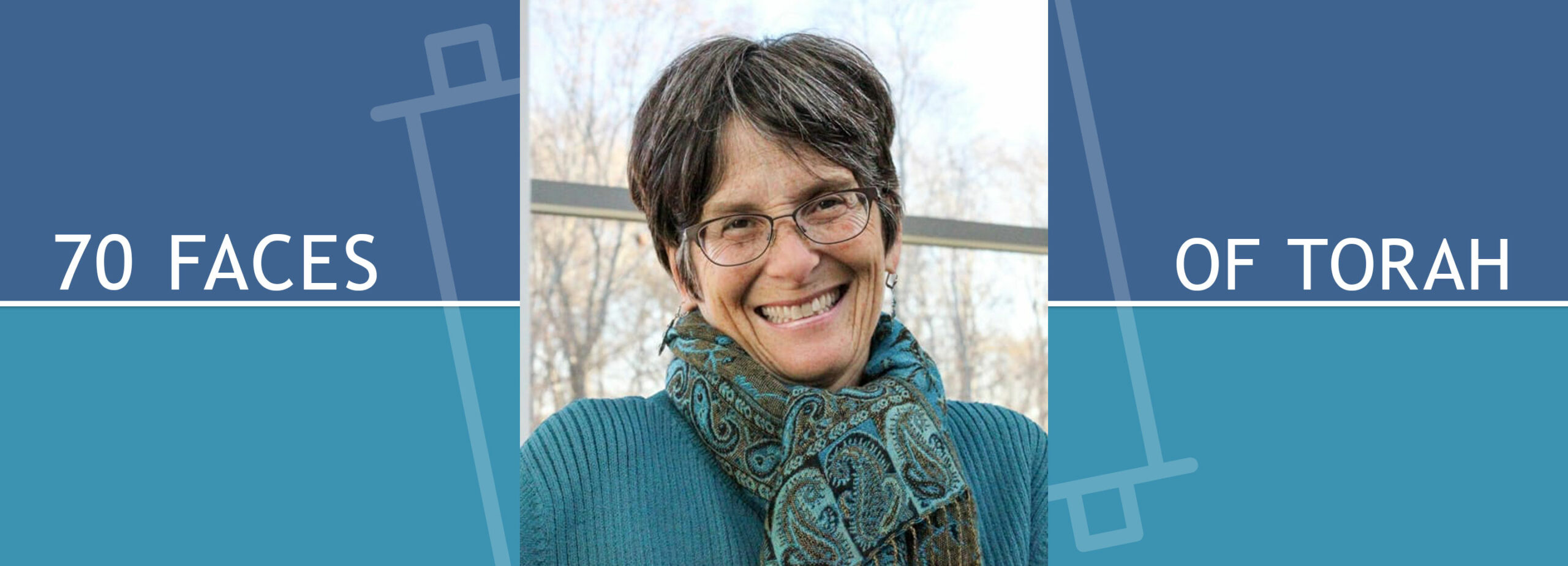Community Blog Speaking Torah: “We are all broken vessels, infinitely precious in the eyes of God”

A midrash from Vayikra Rabbah on this week’s Torah portion, Parashat Emor, teaches:
Rabbi Aba bar Yudan taught: All that God prohibited in an animal sacrifice, God accepts in a human being. What is prohibited in an offering? When a person offers, from the herd or the flock, a sacrifice of well-being to the Lord…it must, to be acceptable, be without blemish; there must be no defect in it. Anything blind, or broken, or maimed, or with a wart, such you shall not offer to the Lord.”
All these things, which render a sacrifice unfit, God fully accepts, God sees as fitting in a human being.
The Midrash goes on to explain that as human beings, we are ashamed and embarrassed to use a vessel that is broken, but not so with God. All God’s vessels are broken. All of us.
It seems that part of our condition as creatures of God is to long for perfection and not reach it. We want our offerings to be perfect, unblemished. We are ashamed of the cracks in the vessels we create. We are ashamed of our blindnesses, our brokenness, our warts. And we are, of course, disappointed by the failings of those around us — especially those closest to us.
But the Midrash asks us to hold onto two insights that together yield what I believe is an important and creative tension within us.
On the one hand, we are asked to aspire to the highest of standards. What we offer to God — our prayers, our teachings, our sacred work — should be of the finest quality. The highest standard is set, and we must take great care with what we offer.
But, then a profoundly significant distinction is made. Human beings are not korbanot, we are not sacrificial offerings. We who are obligated to strive to give offerings of the finest quality are ourselves broken, limited, injured, exposed in all our warts and imperfections. This does not mean that we should expect less of ourselves. But it does mean that we must never confuse the human being with the korban. It means that we must not turn the eye looking for unblemished perfection on ourselves or on each other.
We are seen by a divine eye that is not looking for perfection but has declared us “kosher” — a loving gaze that fully accepts us with our blindnesses (the limitations that keep us from seeing beyond ourselves), our brokenness (often internal, hidden from the view of others), and our warts (those blemishes that are all too visible, all too exposed!).
May we remember the dual challenge that this Midrash sets before us. To call ourselves and each other up a notch, to hold our work to the very highest standards — and to do so with an awareness that we are all broken vessels, infinitely precious in the eyes of God.
This week, I am pleased to share two pieces about tefilah by Rabbinical School faculty members. I invite you to listen to our Rabbinical School Rector Rabbi Arthur Green’s wonderful teaching “The Theology of Prayer” and to watch a video of Rabbi Ebn Leader’s insights about tefilah.
Rabbi Sharon Cohen Anisfeld if Dean of the Rabbinical School of Hebrew College in Newton Centre, MA.
Interested in a possible career in the rabbinate? Read Rabbi Dan Judson’s article “Jewish Lessons on Meaningful Work.“ Rabbi Judson teaches history, oversees the professional development program, and serves as the placement director for the Hebrew College Rabbinical School. He has a PhD in Jewish history from Brandeis University.

